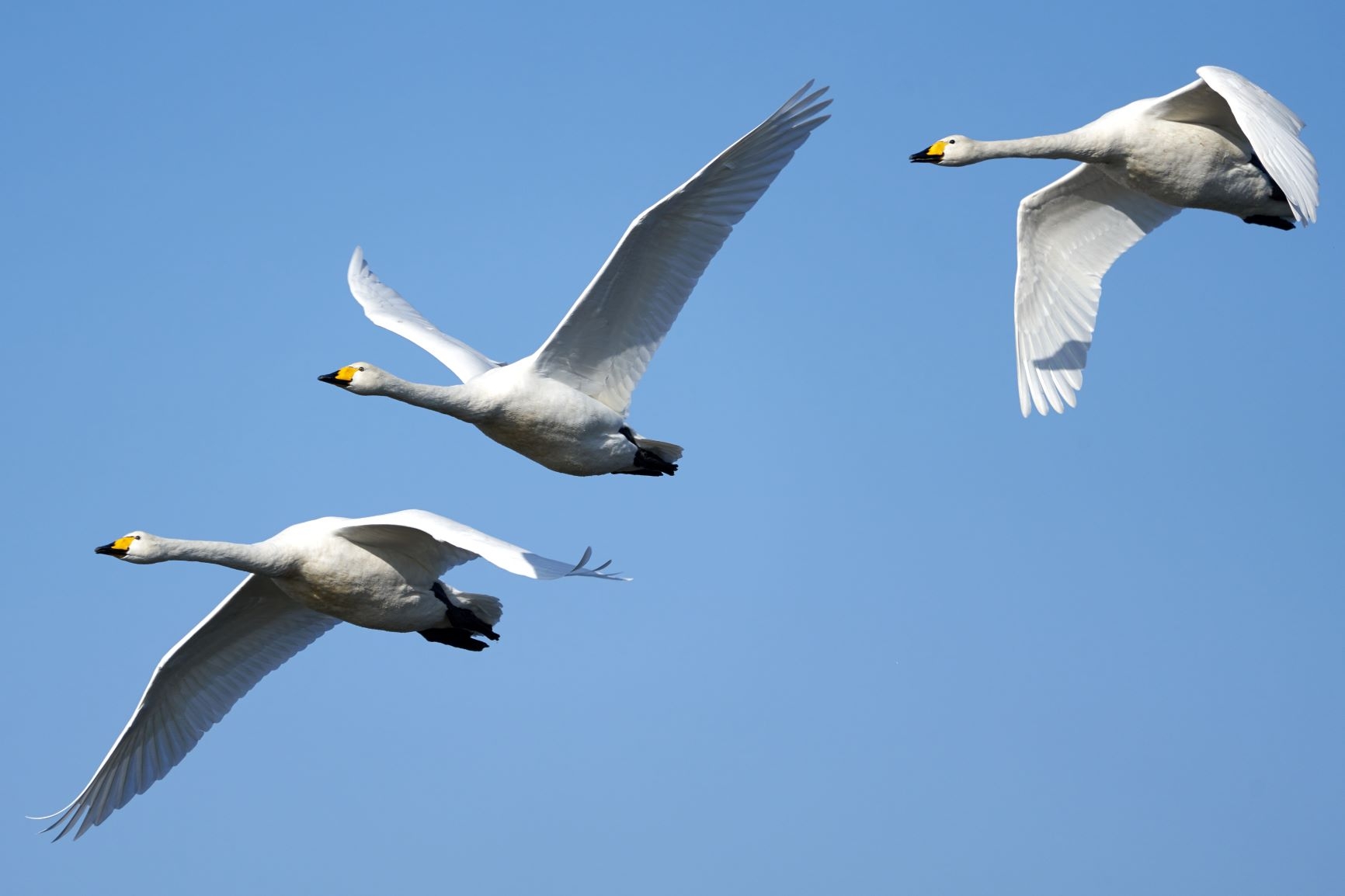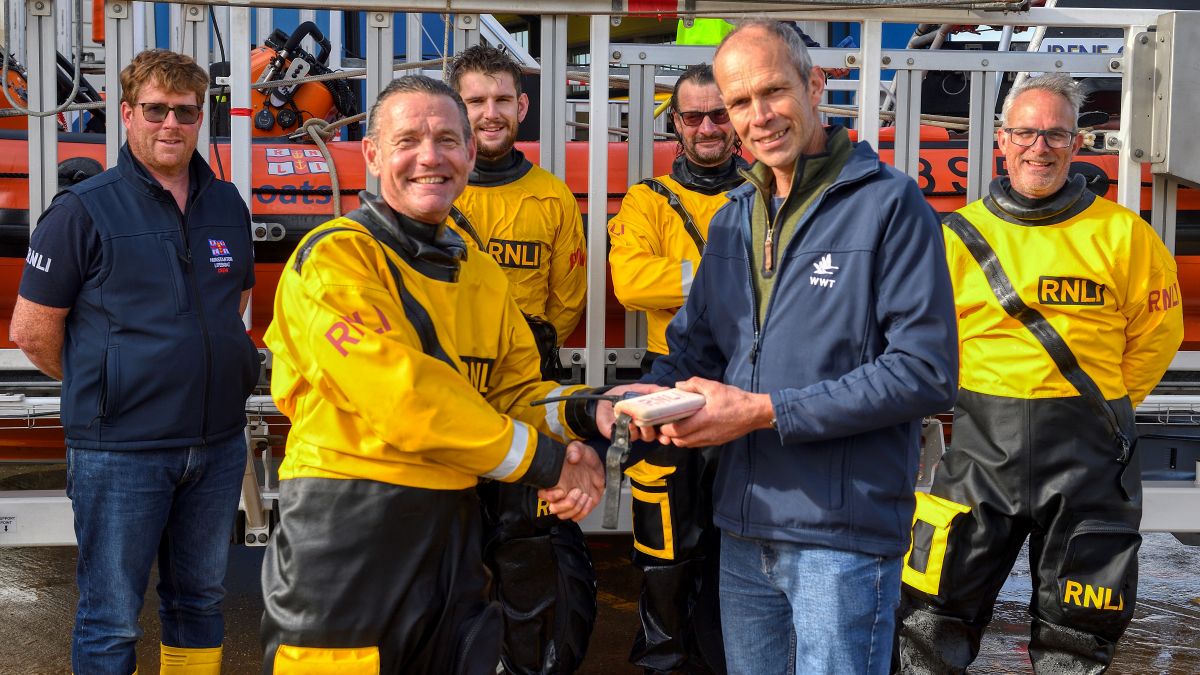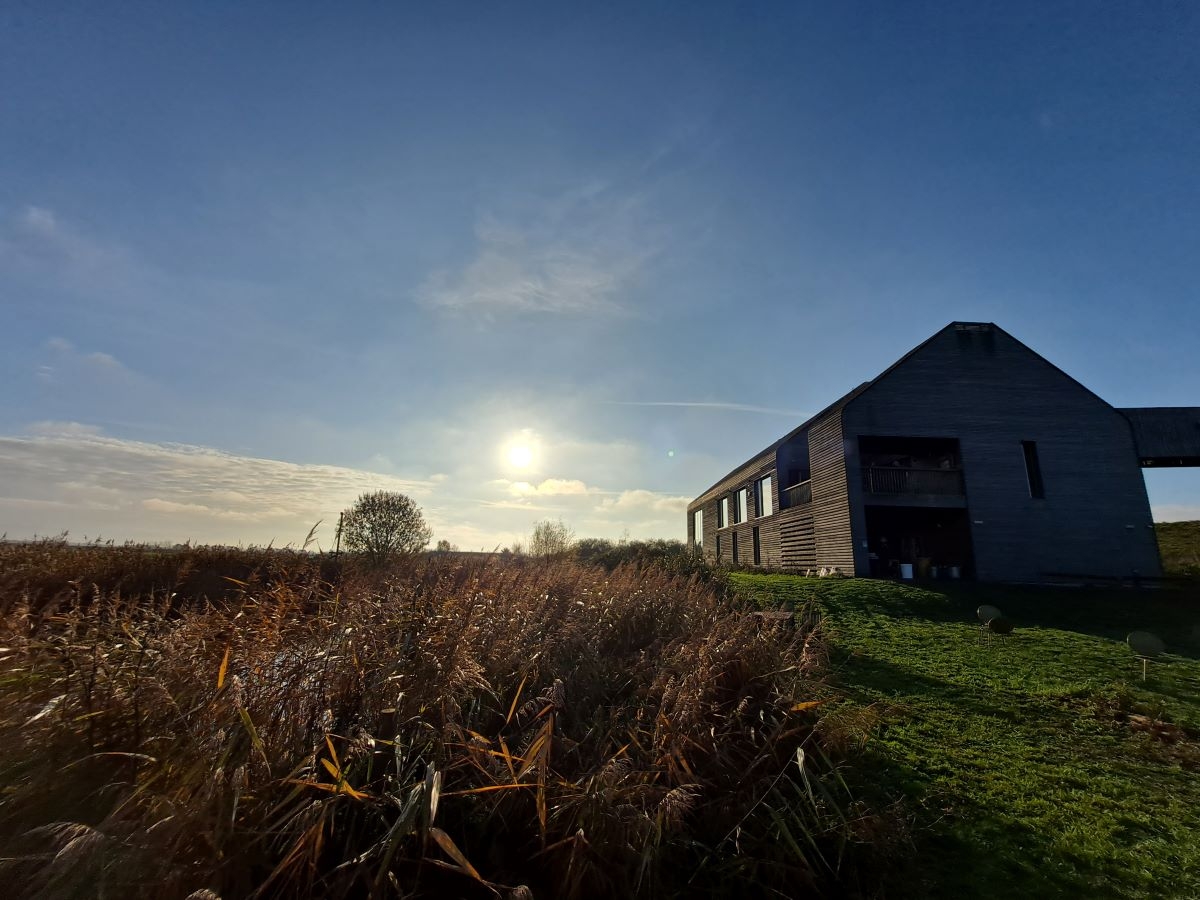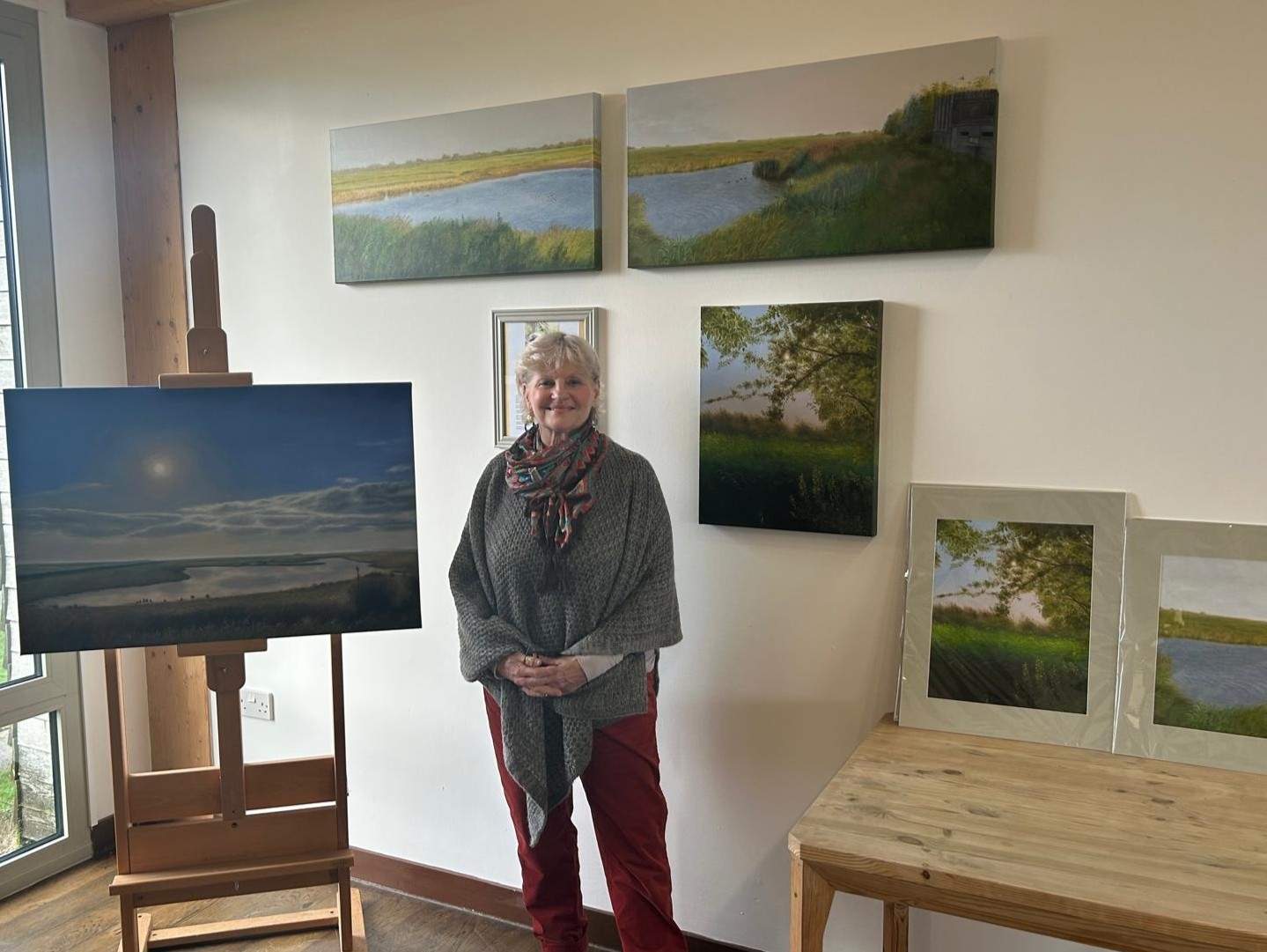Chicks of threatened species fledge from Fenland wetlands
We are happy to report two pairs of black-tailed godwits have managed to fledge three chicks this breeding season. The first time since 2017, and the first time since 2006 for the Ouse Washes part of the reserve. But godwits are still very vulnerable.
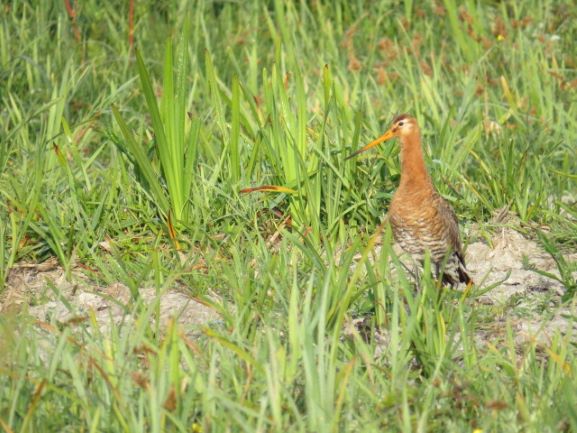
WWT Welney is one of three main breeding sites for black-tailed godwits, and this year nesting attempts were made on the Ouse Washes as well as the adjacent Lady Fen wetlands. Having been created in 2008, Lady Fen’s 114 hectares of wetlands has been a vital lifeboat site in recent years as the Ouse Washes has suffered from spring flooding and the resulting pressures this causes the mix of plants and invertebrates. But this year the successful pairs had based themselves on the Ouse Washes, making 2020 the first year godwit chicks have successfully fledged in this location since 2006.
Out of around 50 pairs of black-tailed godwit across the wetlands of East Anglia only nine chicks have fledged in total, highlighting how vulnerable these birds and their wetland homesare, and how much of a helping hand they still need to secure their future. Three chicks each from WWT Welney, RSPB Ouse Washes and RSPB Nene Washes is a far cry from the numbers needed for black-tailed godwits to become sustainable as a population.
Leigh Marshall, WWT Welney Centre Manager, says:
‘This is one of the few happy moments of summer 2020, amidst all the worry and stress that surrounds us through this current crisis – seeing these birds successfully fledge young has been amazing.
‘However, when we look at the bigger picture of the population, the young birds that have fledged across the East Anglian sites are not enough to sustain the population.Godwits and their breeding habitats remain extremely vulnerable.’
One of the many elements of Project Godwit is to ‘head-start’ godwit chicks collected from wild-laid eggs. By rearing the chicks in captivity through the vulnerable stages of hatching and fledging, they are being given a head-start in life. 112 young godwits have been released at WWT Welney and RSPB Nene Washes over the course of the project so far.
Jonathan Taylor, Senior Site Manager, RSPB Ouse Washes, says:
‘The project also works to create and manage ideal wet grassland habitat for black-tailed godwits. More suitable habitat is needed in the UK for these threatened birds, which is safe from flooding in spring when these ground-nesting birds breed.’
Charlie Kitchin, Senior Site Manager for RSPB Nene Washes, says:
‘The Nene Washes unfortunately had another poor breeding season in 2020, despite 32 pairs of black-tailed godwits turning up to nest only three young fledged.
‘Predation is reducing breeding success below the level needed to maintain the population. As part of the project, monitoring is taking place on this to better understand ways of protecting this iconic species.’
The godwits are just coming to the end of their breeding season and in previous years have started venturing to coastal wetlands before migrating south to Africa for winter. Members of the public can help monitor birds from this project by reporting any sightings of ringed individuals through the website www.projectgodwit.org.uk.
Project Godwit is a partnership project between WWT and the RSPB, working to secure the future of black-tailed godwits in the UK, with major funding from the EU LIFE Nature Programme, HSBC 150th Anniversary Fund, the National Lottery Heritage Fund through the Back from the Brink Programme and the Montague-Panton Animal Welfare Trust.
